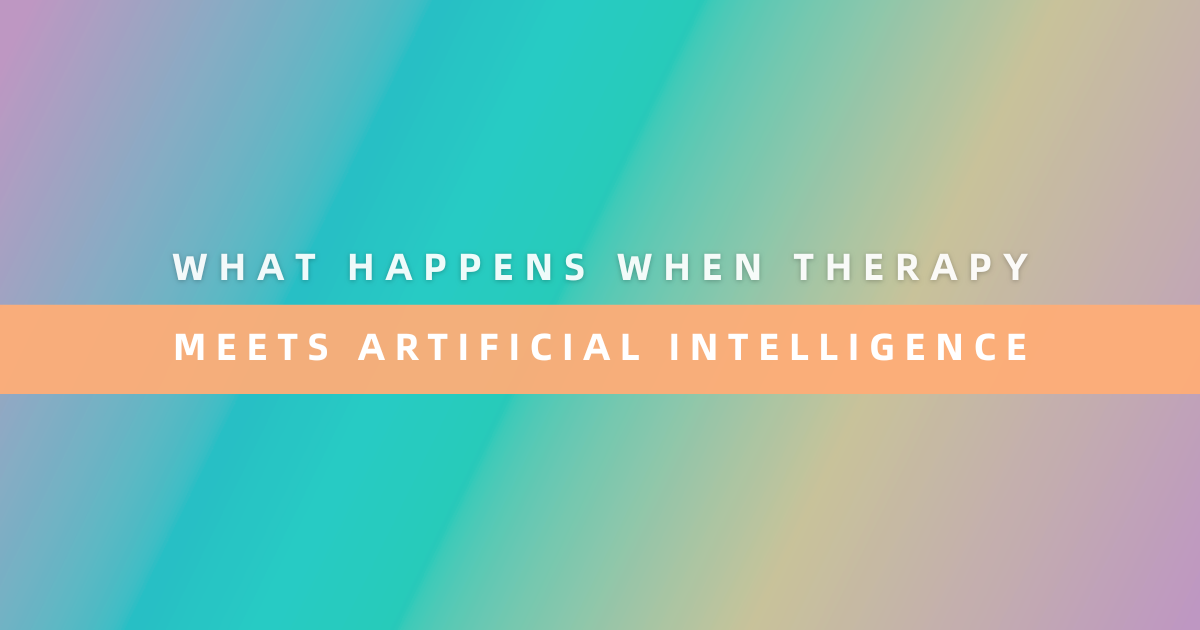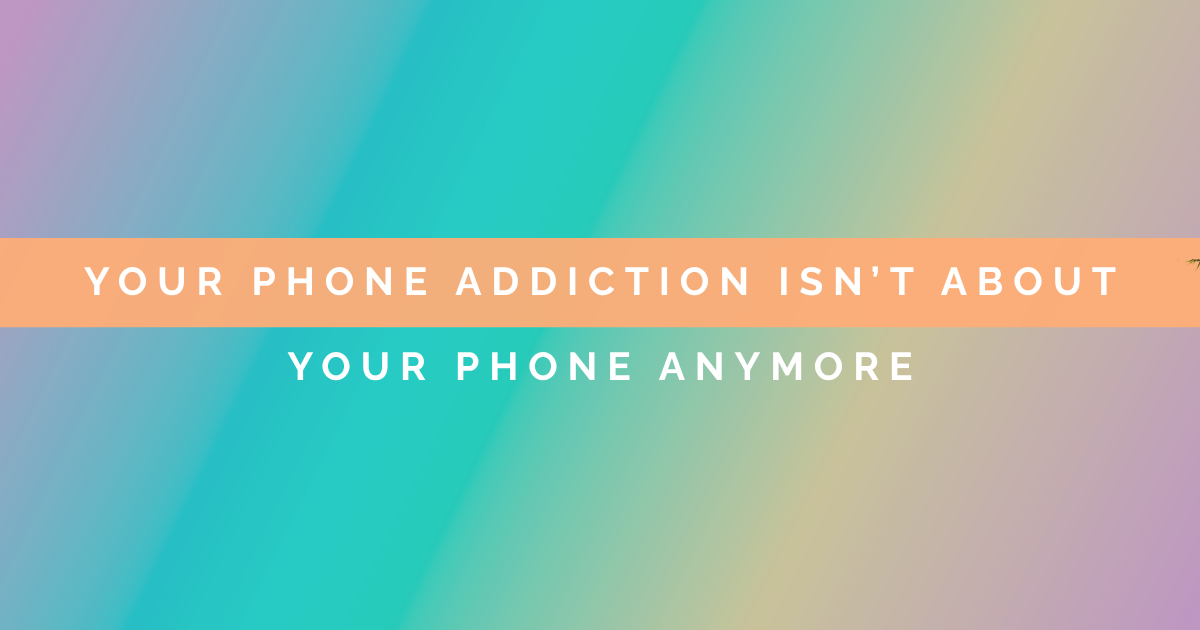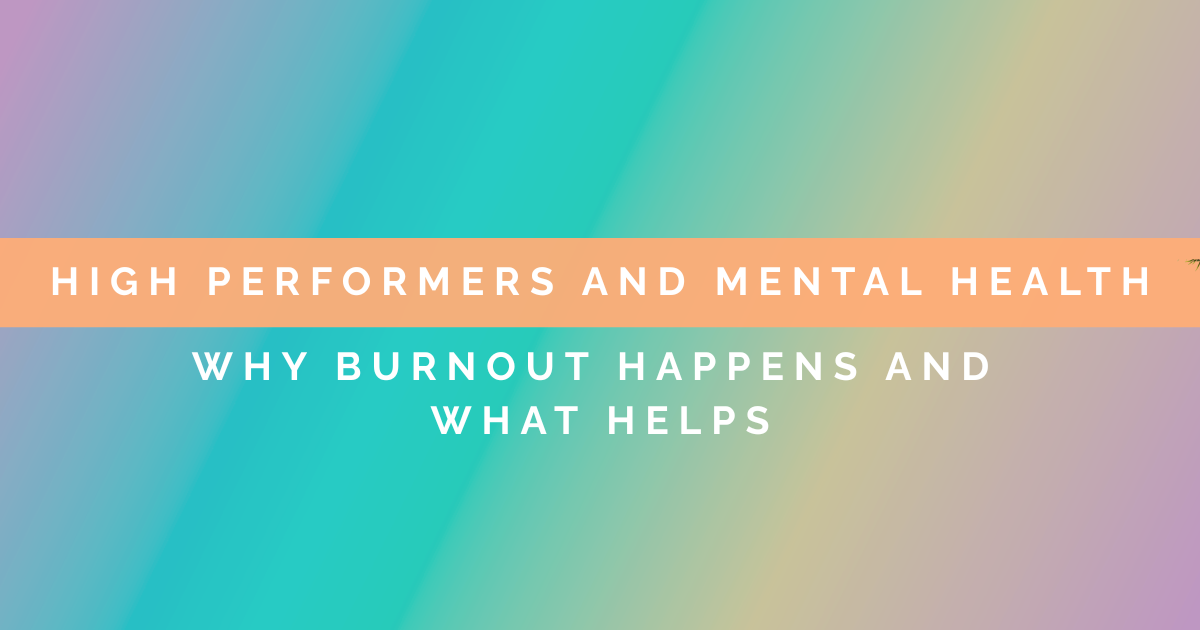Picture this: A therapist sits across from their client, fully present in the conversation, no longer scrambling to take notes while trying to maintain eye contact. Meanwhile, their client arrives at each session with weeks of emotional insights already documented, patterns identified, and progress tracked. This isn’t some distant future. It’s happening right now as artificial intelligence transforms the therapeutic process.
The integration of AI into mental health care represents one of the most significant shifts we’ve seen in how therapy is delivered and experienced. But what does this mean for clients and providers? And more importantly, how does it work in practice?
Understanding AI’s Role in Modern Therapy
Artificial intelligence in therapy isn’t about replacing human connection. Instead, it acts as a sophisticated support system that enhances what therapists already do best: help people heal and grow. Think of AI as a highly capable assistant that handles the administrative heavy lifting while providing valuable insights that might otherwise go unnoticed.
Modern AI systems can analyze mood patterns, identify emotional triggers, and even help track progress over time. These capabilities don’t diminish the therapist’s role; they amplify it. When providers can access comprehensive data about their clients’ experiences between sessions, they can offer more targeted, effective interventions.
The Technology Behind the Transformation
Today’s AI-driven mental health tools utilize advanced natural language processing to comprehend and analyze human communication. These systems can:
- – Process journal entries to identify emotional patterns
- – Generate session summaries that capture key therapeutic moments
- – Track progress toward treatment goals over time
- – Provide insights that help both clients and therapists understand the healing journey better
What makes this technology particularly powerful is its ability to work continuously. While traditional therapy typically occurs in weekly or biweekly sessions, AI tools can provide support and gather insights 24/7, creating a more comprehensive picture of a client’s mental health journey.
Real Benefits for Real People
The practical advantages of AI-enhanced therapy extend far beyond convenience. Here’s what both clients and providers are experiencing:
For Clients
- – Deeper self-awareness: Daily journaling with AI feedback helps identify patterns and triggers that might otherwise remain hidden
- – Better preparation: Clients arrive at sessions with clearer insights about what they need to discuss
- – Continuous support: Access to therapeutic tools between sessions maintains momentum in the healing process
- – Progress tracking: Visual representations of improvement provide motivation and hope
For Providers
- – Enhanced focus: Without the distraction of note-taking, therapists can be fully present during sessions
- – Comprehensive insights: Access to client data between sessions allows for more informed treatment planning
- – Time efficiency: Automated session summaries and care plan updates free up time for direct client care
- – Better outcomes: Data-driven insights lead to more targeted and effective interventions
Success Stories in Action
Consider how AI tools help someone manage anxiety. Through daily journaling, the system might identify that anxiety peaks on Sunday evenings. This pattern, shared with their therapist, leads to targeted interventions around work-related stress and the development of specific Sunday evening coping strategies. Without AI analysis, this pattern might have taken months to identify, if at all.
How AI Enhances the Therapeutic Process
The integration of AI into therapy creates a major shift in how mental health care is delivered. Think of it as having a brilliant, tireless assistant who never forgets a detail, spots patterns humans might miss, and works around the clock to support both client and therapist. Here’s how this improvement unfolds:
Initial Assessment and Matching
Gone are the days of trial and error in finding the right therapist. AI transforms the matching process into something almost magical. When new clients begin their journey, AI systems analyze multiple dimensions of compatibility:
The Deep Dive Analysis The AI doesn’t just ask “What’s wrong?” Instead, it engages in sophisticated conversations that uncover:
- – Communication style preferences (Do you need someone direct or more gentle?)
- – Cultural considerations and language nuances
- – Specific therapeutic approach preferences (CBT, DBT, psychodynamic, etc.)
- – Scheduling needs and session format preferences
- – Past therapy experiences and what worked or didn’t
The Matching Magic Using advanced algorithms, the AI cross-references this rich data with therapist profiles, considering:
- – Specialization areas and success rates with similar concerns
- – Personality compatibility indicators
- – Therapeutic style and approach alignment
- – Availability and practical considerations
- – Even subtle factors like communication pace and energy levels
One client described it perfectly: “It was like the AI understood what I needed before I did. My therapist felt right from the very first session.”
Ongoing Support Between Sessions
This is where AI truly shines, filling the gap between weekly sessions with intelligent, responsive support:
The Intelligent Journal
Unlike traditional journaling, AI-enhanced journaling becomes a dynamic conversation:
- – As you write about your day, the AI notices patterns: “I see you’ve mentioned feeling overwhelmed on Tuesdays for the past three weeks. What happens on Mondays that might contribute to this?”
- – It offers gentle prompts when you’re stuck: “You mentioned feeling ‘weird’ about the conversation with your mother. Can you describe what ‘weird’ felt like in your body?”
- – The AI remembers context: “Last month you were working on boundary setting. How did that go with today’s situation?”
Pattern Recognition That Amazes
The AI identifies connections you might never notice:
- – Sleep quality correlation with anxiety levels
- – Word choice changes that precede mood shifts
- – Social interaction patterns affecting energy
- – Hidden triggers in seemingly unrelated events
Micro-Interventions and Support
Between sessions, the AI provides:
- – Personalized coping strategy reminders based on what’s worked before
- – Gentle check-ins when it notices concerning patterns
- – Celebration of progress, no matter how small
- – Suggested exercises tailored to current emotional states
Dynamic Care Planning and Progress Monitoring
Static treatment plans are obsolete. AI enables truly responsive care:
Living Treatment Plans
Instead of rigid protocols, AI helps create plans that adapt:
- – Goals automatically adjust based on progress
- – New objectives emerge from identified patterns
- – Interventions are suggested based on real-world effectiveness
- – Timeline adjustments reflect actual pace of change
Predictive Adjustments
The AI anticipates needs:
- – Recognizing when current strategies plateau
- – Suggesting intervention timing based on pattern analysis
- – Identifying when additional support might be needed
- – Flagging potential obstacles before they derail progress
Collaborative Evolution
Both client and therapist can see:
- – Which interventions yield the best results
- – When to pivot strategies
- – How external factors impact progress
- – Where to focus energy for maximum benefit
The Integration Symphony
What makes this truly remarkable is how seamlessly these elements work together:
The Weekly Cycle
- – Monday: You journal about weekend social anxiety
- – Tuesday-Thursday: AI notices escalating worry patterns
- – Friday: Gentle prompt suggests tried-and-true grounding exercise
- – Session day: Therapist sees complete picture, addresses root cause
- – Post-session: Care plan updates automatically based on discussion
The Learning Loop
- – Your unique patterns and triggers
- – Which interventions resonate
- – Your communication style preferences
- – Your progress indicators
This creates an ever-improving support system that becomes more attuned to your needs over time.
The Human-AI Partnership
The magic happens in the collaboration:
- AI provides data and patterns
- Therapists provide wisdom and empathy
- Clients provide honest engagement
- Together, they create transformative healing
This enhancement doesn’t make therapy robotic or impersonal. Instead, it makes it more human by freeing therapists to do what they do best: connect, understand, and heal while ensuring nothing important slips through the cracks. The result? Therapy that’s more effective, personalized, and responsive than ever before.
Privacy and Trust in Digital Mental Health
Understandably, the idea of AI in mental health raises important questions about privacy and security. Here’s what you need to know:
Data Protection Standards
Reputable AI therapy platforms operate under strict HIPAA compliance, ensuring that all personal health information remains confidential and secure. This includes:
- – Encryption of all data both in storage and during transmission
- – Strict access controls limiting who can view client information
- – Regular security audits and updates
- – Clear policies about data ownership and usage
Ethical Considerations
The best AI therapy tools are designed with clear ethical guidelines:
- – AI never makes diagnostic decisions
- – Human therapists always maintain ultimate clinical authority
- – Clients have full control over their data
- – Transparency about how AI processes and uses information
Building Trust Through Transparency
Quality platforms provide clear information about:
- – What data is collected and how it’s used
- – Who has access to client information
- – How AI generates its insights and recommendations
- – Options for data deletion and account closure
Making the Most of AI-Enhanced Therapy
To maximize the benefits of AI in your therapeutic journey:
For Clients
- Engage regularly: The more you interact with AI tools between sessions, the more valuable insights they can provide
- Be honest: AI tools are most helpful when you share authentic experiences and emotions
- Ask questions: Don’t hesitate to discuss AI-generated insights with your therapist
- Set boundaries: Use AI tools in ways that feel comfortable and supportive for you
For Providers
- Embrace the learning curve: Take time to understand how AI tools can enhance your practice
- Maintain the human touch: Use AI to support, not replace, your clinical expertise
- Customize the experience: Adapt AI tools to fit your therapeutic approach and client needs
- Stay informed: Keep up with developments in AI therapy tools and best practices
Integration Best Practices
Successful integration of AI into therapy requires:
- – Clear communication about how AI tools will be used
- – Regular check-ins about comfort levels with technology
- – Flexibility to adjust usage based on individual needs
- – Ongoing evaluation of effectiveness
The intersection of therapy and artificial intelligence opens new pathways to healing and growth. By combining the irreplaceable value of human therapeutic relationships with the analytical power of AI, we’re creating a more accessible, effective, and personalized approach to mental health care.
As we continue to explore this evolving landscape, one thing remains clear: the future of therapy isn’t about choosing between human connection and technological innovation. It’s about bringing them together in service of better mental health outcomes for everyone.
Ready to experience how AI can enhance your mental health journey? Explore how Theryo’s collaborative platform brings together the best of human expertise and AI innovation. Your path to better mental health deserves every advantage.
Frequently Asked Questions
Can AI replace my therapist?
NEVER, AI is designed to enhance and support the therapeutic relationship, not replace it. Human therapists provide empathy, clinical judgment, and personalized care that AI cannot replicate. AI tools serve as assistants that help therapists provide better care and help clients gain deeper insights between sessions.
How does AI in therapy work?
AI analyzes patterns in your journal entries, mood tracking, and session notes to identify trends and insights. It uses natural language processing to understand your experiences and provides summaries and observations that both you and your therapist can use to enhance treatment.
Is my data safe when using AI therapy tools?
Reputable AI therapy platforms operate under strict HIPAA compliance standards, using encryption and secure storage methods. Your data is protected with the same level of security as electronic health records in hospitals and clinics.
What if I’m not comfortable with technology?
Most AI therapy tools are designed to be user-friendly and intuitive. Your therapist can help you get started, and you can engage with the technology at your own pace. Many clients find that even basic use provides valuable benefits.
How much does AI-enhanced therapy cost?
Costs vary depending on the platform and services used. Some therapists include AI tools as part of their regular fees, while others may charge separately. Many platforms offer different pricing tiers to accommodate various budgets.
Can AI detect mental health conditions?
AI tools do not diagnose mental health conditions. Only licensed mental health professionals can make diagnoses. AI provides observations and pattern recognition that can help inform clinical decisions, but diagnosis remains a human responsibility.
What happens to my data if I stop using AI therapy tools?
This depends on the specific platform’s policies. Most reputable services allow you to download your data and delete your account completely. Always review data retention policies before starting with any AI therapy platform.
How accurate are AI insights in therapy?
AI insights are based on pattern recognition and data analysis, which can be highly accurate for identifying trends and correlations. However, these insights should always be interpreted within the context of your unique situation by you and your therapist.
Can I use AI therapy tools without seeing a therapist?
While some AI tools can be used independently for self-reflection and mood tracking, they are most effective when used in conjunction with professional therapy. For serious mental health concerns, professional support is essential.
How do I know if AI-enhanced therapy is right for me?
Consider AI-enhanced therapy if you want deeper insights between sessions, prefer having data to track your progress, or find that traditional note-taking disrupts your therapy sessions. Discuss with potential therapists about their use of AI tools to find the right fit.
What types of AI features are most helpful in therapy?
Common helpful features include mood tracking, journal analysis, session transcription, progress visualization, and pattern identification. The most useful features vary by individual needs and therapeutic goals.
How long does it take to see benefits from AI-enhanced therapy?
Many clients report immediate benefits from features like session transcription and journaling insights. Deeper pattern recognition and progress tracking typically become more valuable after several weeks of consistent use, as the AI has more data to analyze.







